
Newsletter Subscribe
Enter your email address below and subscribe to our newsletter
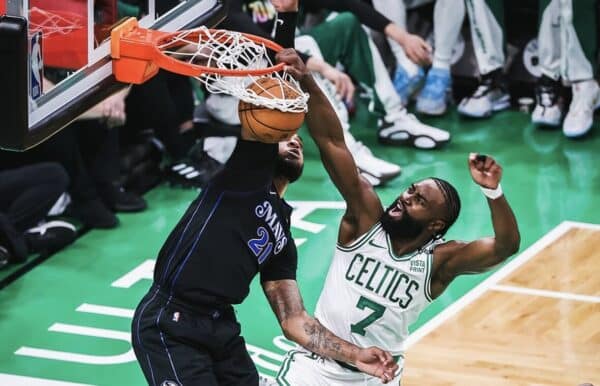
Jaylen Brown turned down a $50 million deal from Nike. He did it to protect his freedom of speech.
The contract had a clause that could kill the deal if he said anything controversial. Brown chose to keep his voice and creative control, even if it meant walking away from a huge paycheck.
Instead of joining Nike, he started his own brand—741 Performance. That let him make his own rules and build something that truly reflects his values.
His first sneaker with 741 got praise for its design and innovation. Clearly, his choice was about more than just the money.
His move highlights a growing trend: athletes want more control over their image and message. Brown’s story is proof that sticking to your principles can open new doors in both business and sports.
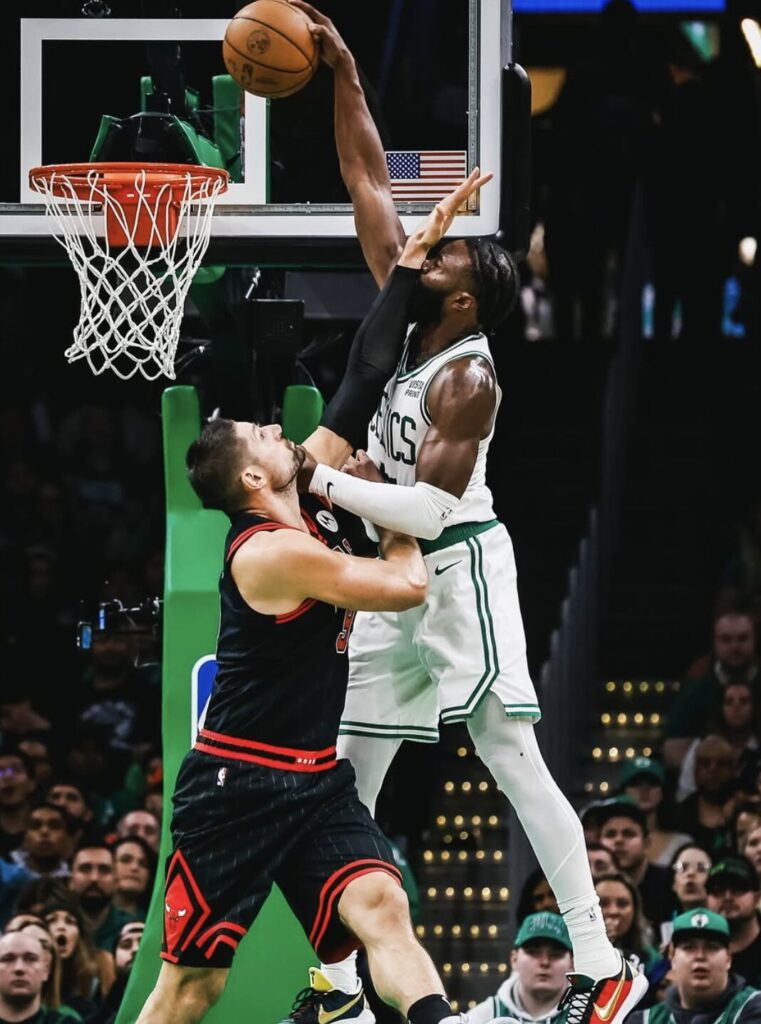
Jaylen Brown made a clear choice: he turned down a $50 million offer from Nike. He cared more about keeping control over his own voice and brand.
This wasn’t just about money. It was about his values and his freedom.
Brown declined the offer because he wanted to stay independent. Signing with Nike could’ve limited how he spoke out on issues he cares about.
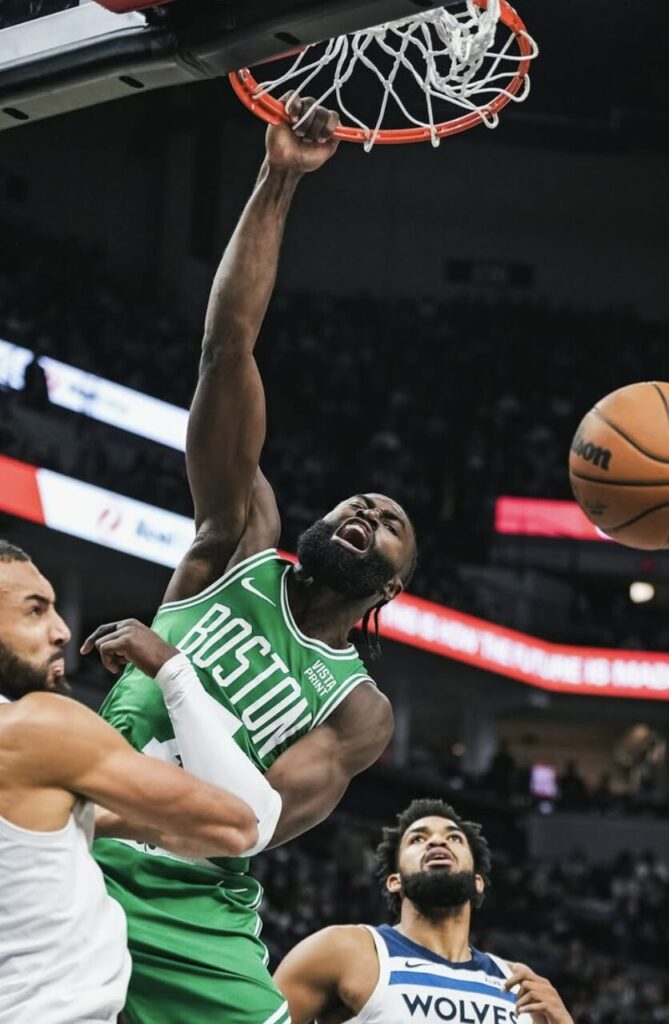
He’s always been vocal about social and political topics, and a big contract with a company like Nike might’ve made that tricky.
He also wanted to start his own company—741 Performance. That gave him full ownership and creative control.
Honestly, choosing autonomy over quick cash just fit Brown’s long-term goals better.
The Nike deal included clauses that restricted what Brown could say in public. That was a big red flag for him.
Stuff like “morality clauses” can keep athletes from speaking their minds, all to protect a brand’s image. Brown wasn’t willing to make that trade.
He decided his voice and message mattered more than $50 million. Can you blame him?
Brown’s decision sparked mixed reactions. Plenty of people praised him for sticking to his principles and choosing freedom over cash.
Celtics fans and others saw it as a strong statement about athlete rights. Some critics wondered if he’d regret turning down so much money.
Most media outlets admitted it took guts to walk away from Nike just to keep creative control. The move also highlighted how more athletes want control outside the big corporations.
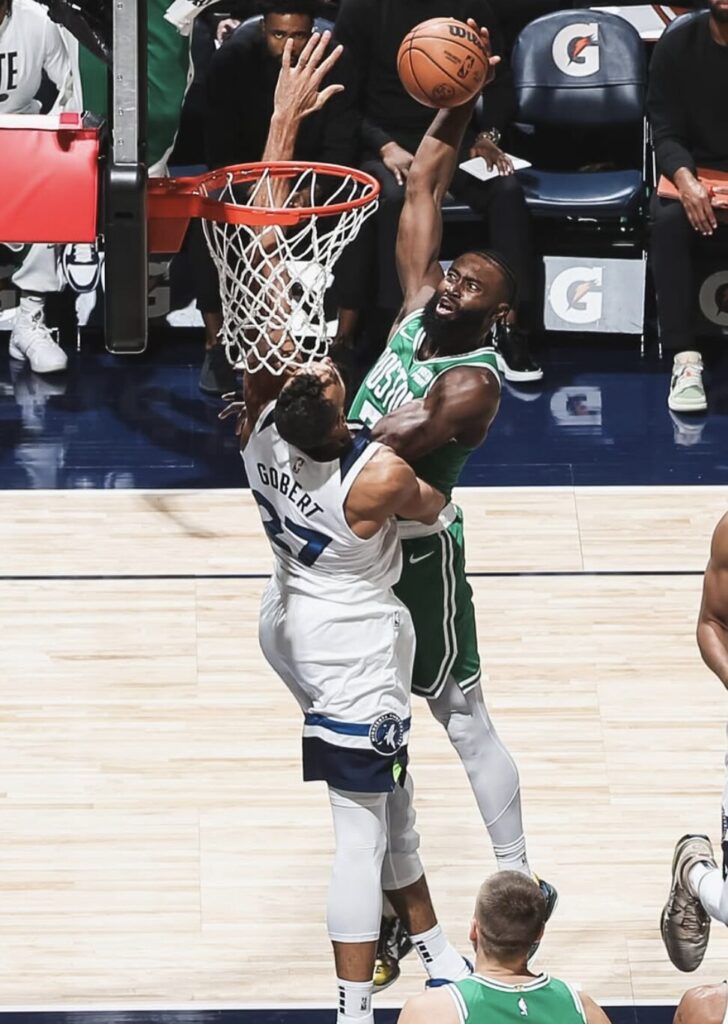
For more on Brown’s thinking, check out his own explanation of why he rejected Nike’s $50 million deal.
Jaylen Brown’s choice to turn down Nike led straight to the creation of 741. That move changed how athletes approach endorsements and shifted Brown’s public image.
It showed a real push for independence in a world usually run by giant companies.
741 is Brown’s personal performance brand. He started it so he could own and control everything about the products.
The name 741 has real meaning for him—something about resilience and community. It’s personal, not just a number.
The brand focuses on high-quality design, with innovation aimed at athletes. Brown wanted to ditch the old endorsement model where big companies call the shots.
With 741, he’s pushing the athlete-owner idea. He gets to express his vision without compromise.
741 also stands for supporting underrepresented voices in sports and business. It’s more than just sneakers—it’s about purpose too.
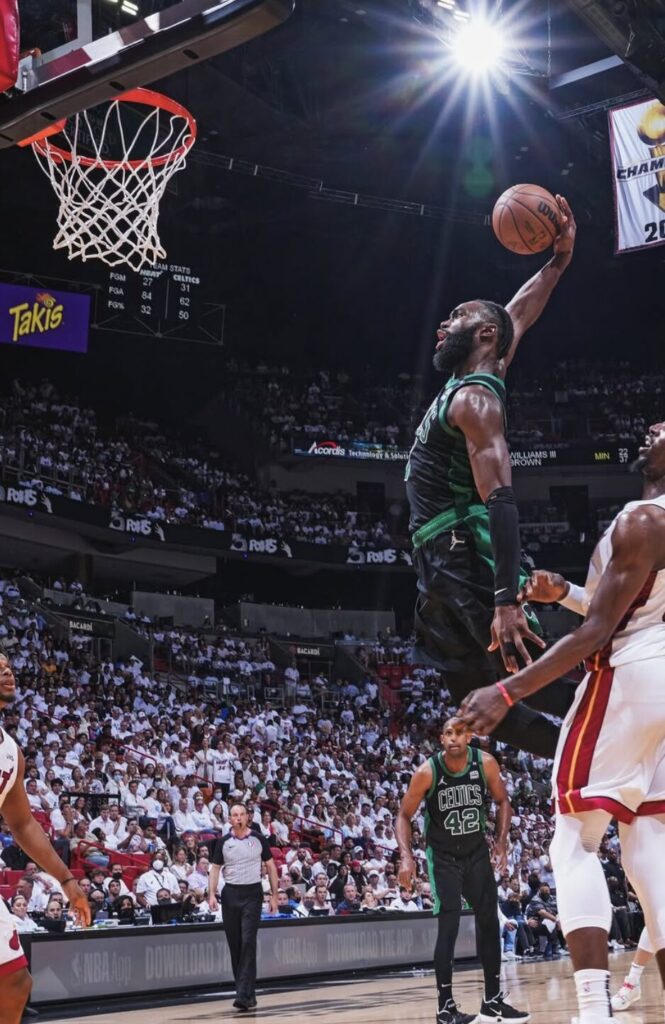
Brown’s decision has nudged other athletes to rethink their relationships with big brands. There’s a shift now toward athlete-owned companies that value control over fast money.
By launching 741, Brown challenged the old endorsement model. His move encourages athletes to build businesses that actually reflect their personal brands and beliefs.
This could spark more innovation in sportswear. Athletes see ownership as a real path to long-term success, not just endorsement checks.
Brown’s choice made him look like a forward-thinking leader, both on and off the court. It shows he values independence and has a vision that goes way beyond basketball.
His reputation now centers on empowerment, creativity, and social impact. 741 positions him as an entrepreneur—not just a player.
For the Celtics, Brown’s success with 741 adds something new to his role on the team. It signals maturity and business sense.
This decision could open doors for more projects and partnerships that actually fit his values.
Jaylen Brown’s path shows what modern athletes can do when they control their own brand and career. If you want more details about his journey and 741’s impact, check out the article on Jaylen Brown turned down $50 million Nike deal.
Jaylen Brown turned down a $50 million deal with Nike to keep full ownership and creative control of his own sneaker brand. His decision really does reflect a shift toward independence and new models for athlete endorsements.
He wanted freedom of speech and control over his brand. Brown aimed to create his own sneaker line instead of being tied to a giant company.
Brown’s choice sets the bar for athletes who want ownership rather than just another endorsement. More players might start their own brands or push for more control in deals.
He’s focusing on launching 741 instead of signing with other big companies. Right now, entrepreneurship is his priority—not collecting more major endorsements.
Most NBA stars take multi-million dollar deals from brands like Nike or Adidas. Brown’s move to reject $50 million and start his own thing is pretty rare among top athletes.
He wanted creative control and found inspiration from Kobe Bryant. Brown also just cares a ton about expressing his individuality and owning his projects fully.
Nike hasn’t really said much about it in public. Their relationship with Brown has felt rocky for a while anyway.
Brown first signed with Adidas. After that, he went solo for a bit before launching his own brand.